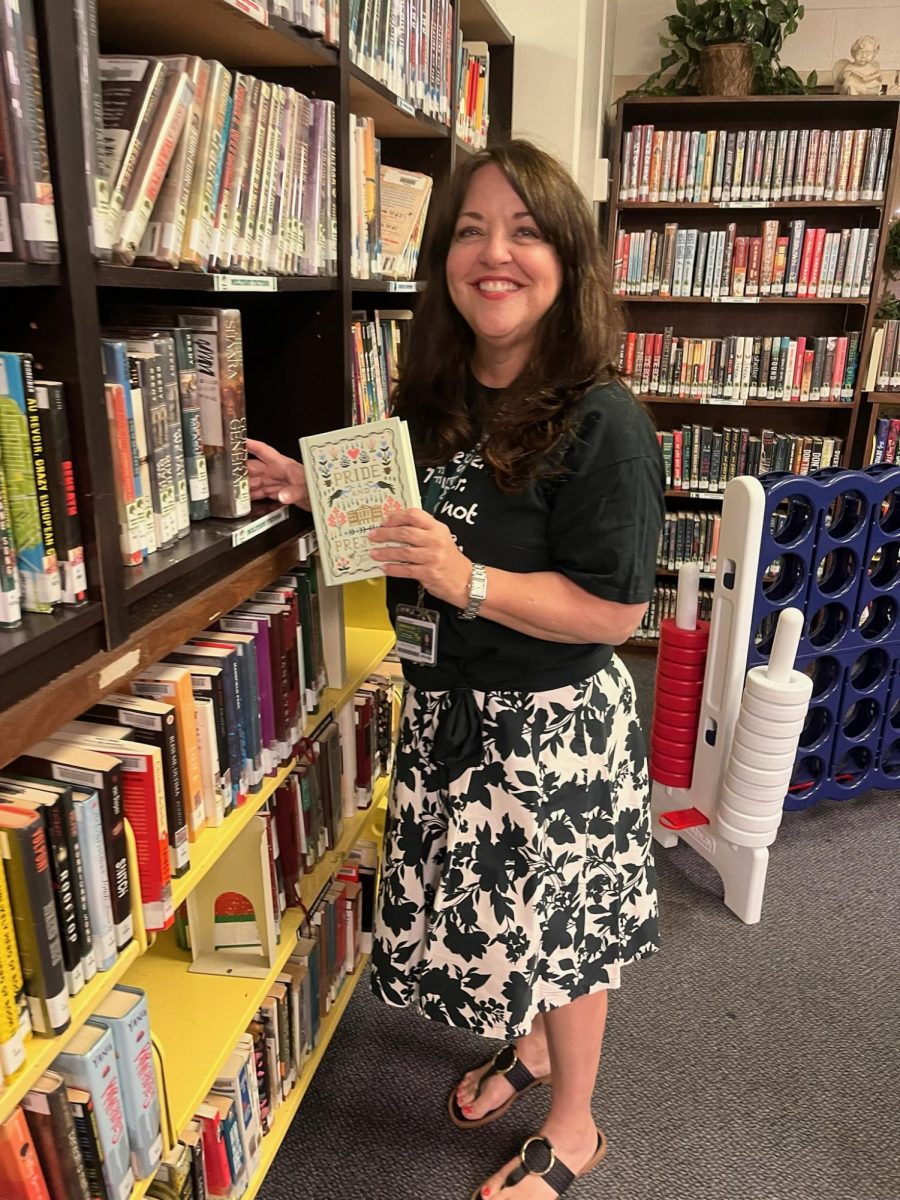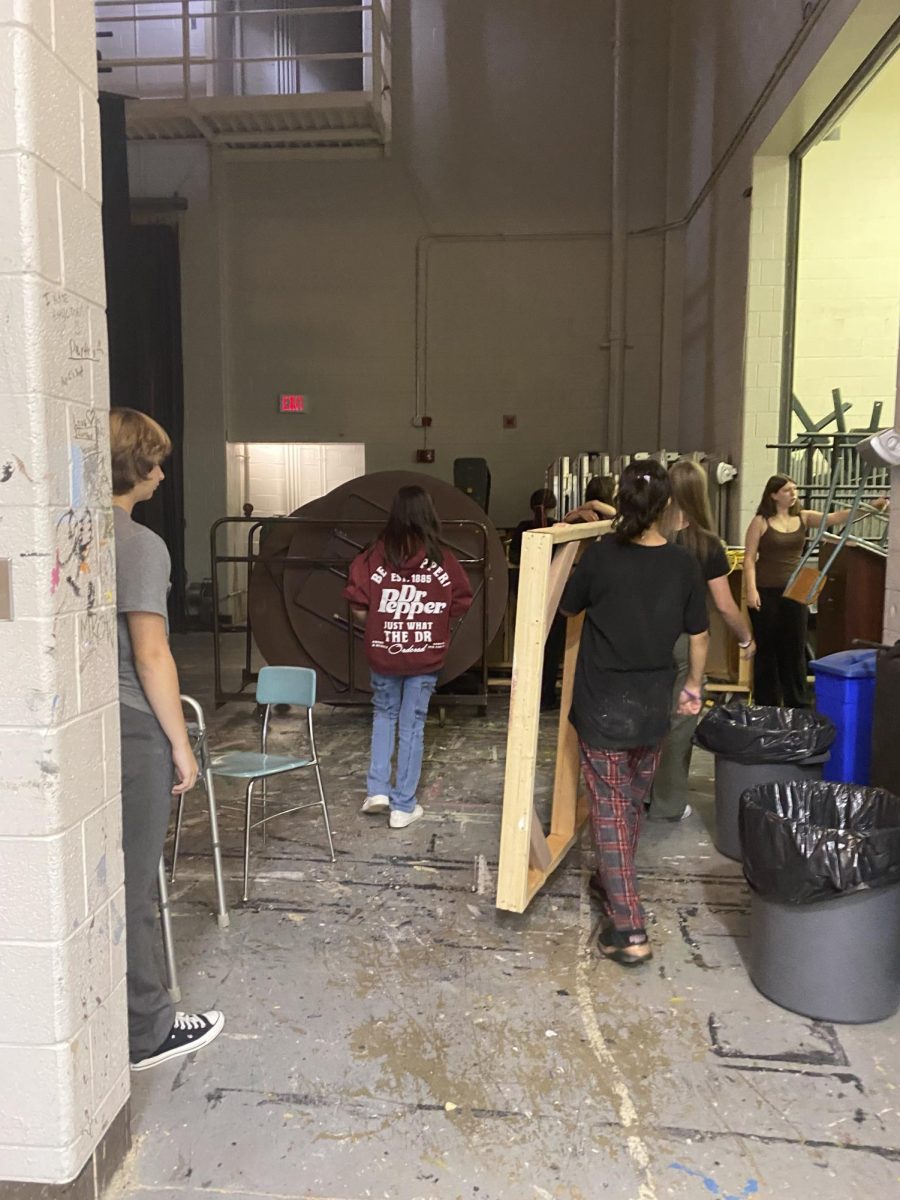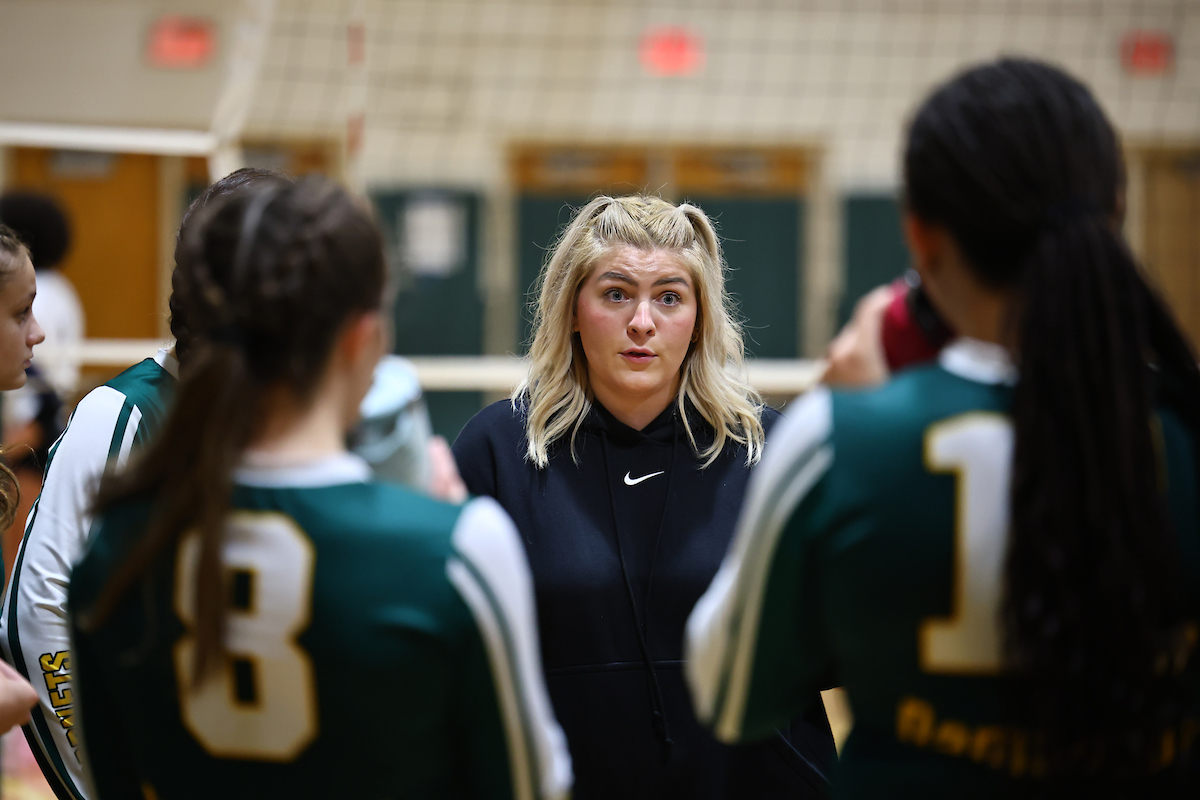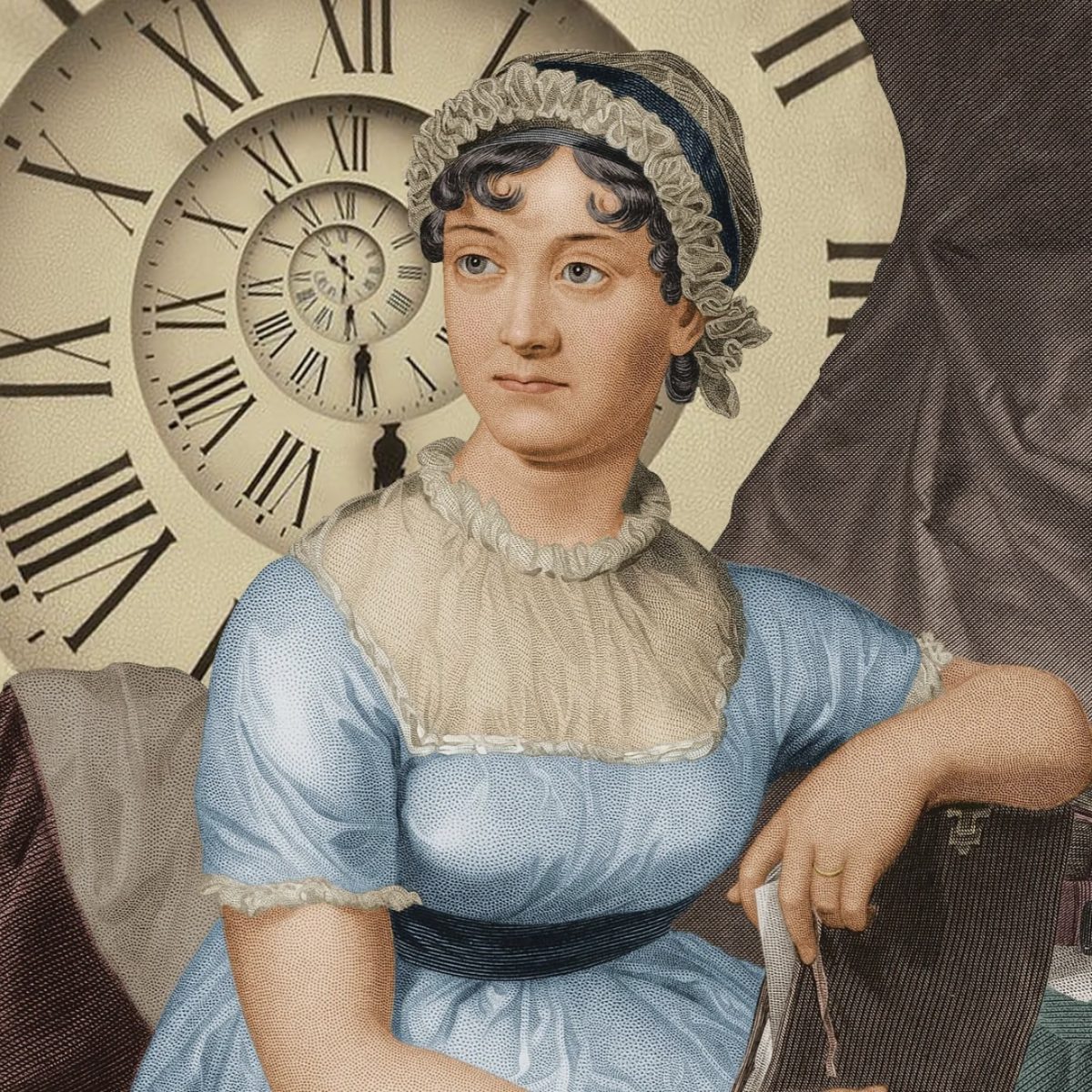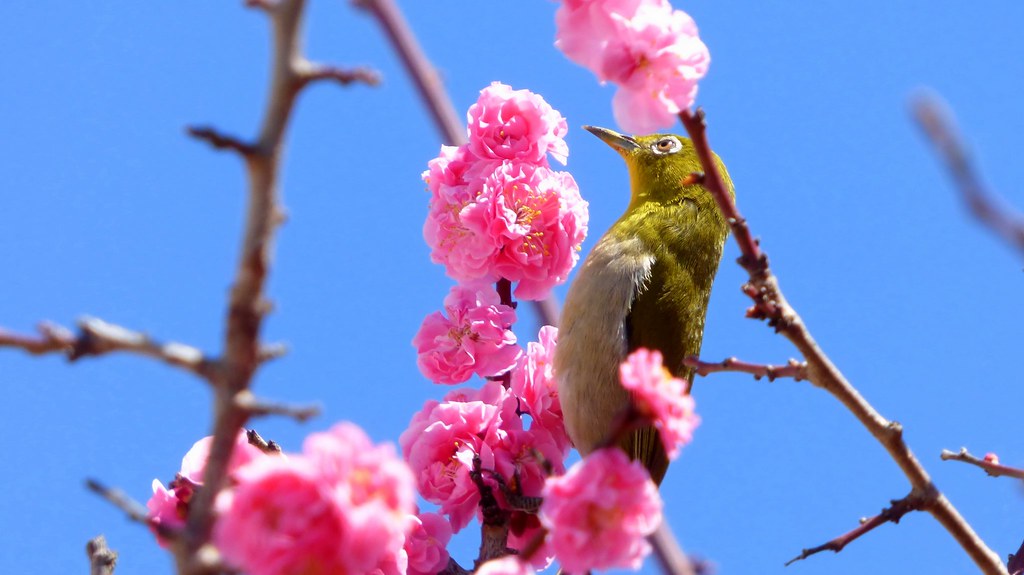Cherry blossoms bloom in Washington, D.C., and the bright colors of flowers begin to appear. Visually, spring has to be the best season! But looks can be deceiving. It is around this time that many people begin to suffer with nasal congestion, sneezing, watery and itchy eyes, coughing, headache and more. The problem? Pollen, obviously. Has it gotten worse over the years?
As having a pollen allergy is one of the most common allergies, it is no surprise that Damascus students and staff suffer from the effects of the pollinating trees and plants. Damascus Senior Lilly Tran shows her displeasure with having a pollen allergy, listing her main symptoms as “sneezing, coughing, itchy eyes, dry eyes, stuffy or runny nose, dry throat, and [her] ears feel ‘itchy.’” Mr. Swiger of the Media Center has similar symptoms, suffering from “head congestion, sinus pressure, and a scratchy throat.” According to the Cleveland Clinic, some symptoms include sneezing, runny nose, swelling around the eyes, red/watery eyes, itchiness in the throat, coughing, and more. Fortunately, there are medications and treatments that one can take to relieve these symptoms. For Tran, she states that she’s been “drinking nighttime medicine. For [her] eyes, [she uses] eye drops. [She] also [uses] a spray to help with sneezing and coughing. [She] also [tries] to stay indoors as much as possible.” Mr. Swiger has a different strategy and says that he instead tries “to drink a lot of water. And I try to blow as much out of my head as possible. I used to take Allegra and I took it all the time, but now I just power through it.” These symptoms can be quite annoying, and both Tran and Swiger state that it is a nuisance in their lives. Tran, however, does add that her symptoms can make it hard to focus and make her feel miserable at times. These symptoms happen seasonally, but some people online claim that their allergies are getting worse over the years. The culprit? A concept called “botanical sexism.” The idea, first introduced by horticulturist Tom Ogren, states that “over time, humans have preferentially propagated and planted male trees, thus leading to increases in pollen production and subsequent allergens in our cities,” according to Wisconsin DNR Forestry News. Some claim that this phenomenon is also due to the mess that female trees can create, with all the fruit they can produce. However, is botanical sexism really a valid theory? According to crop scientist Sarah Taber on X (formerly known as Twitter), “Pollen is so cheap that trees can afford to make extra. Like, a LOT of extra…this is just how plants pollinate – they release a ton of pollen, hoping that at least some of it finds its way to the right place.”
Botanical sexism may not be the real reason your allergies may feel worse this year, but it is certainly fun to blame something. AAMC states that “warming temperatures and other environmental factors have made seasonal allergens such as tree pollen, mold, and other spores worse over the past several decades. Not only are allergens thriving for longer periods than in the past — extending the pollen season by as much as three weeks in some parts of North America.” Have you felt like your allergies have gotten worse this year?


